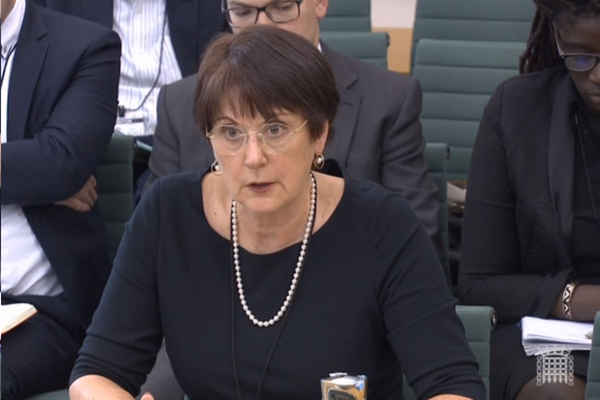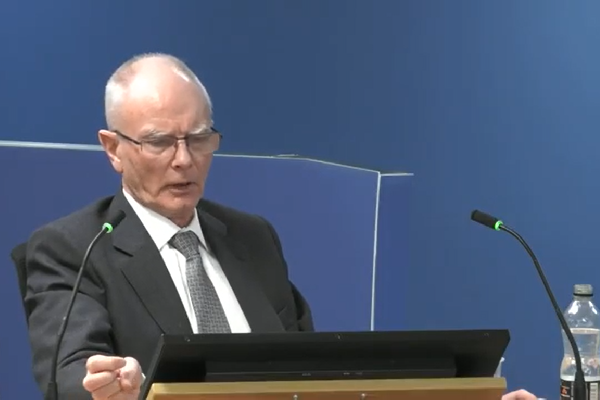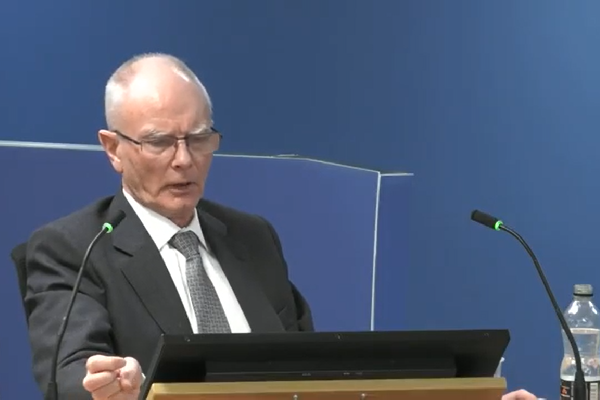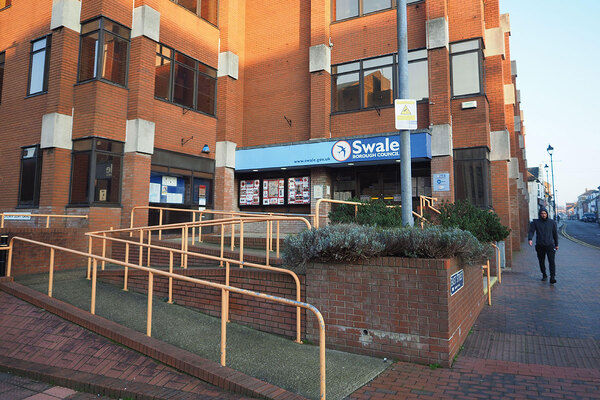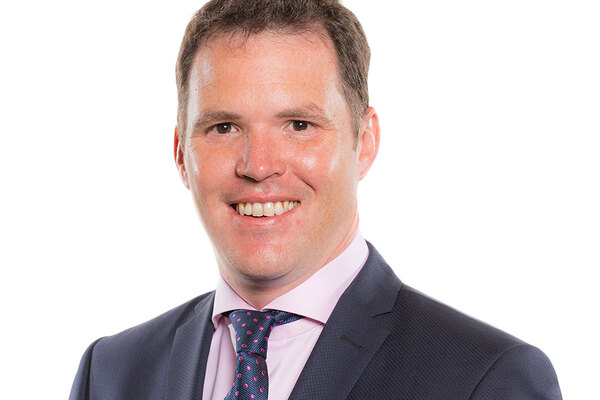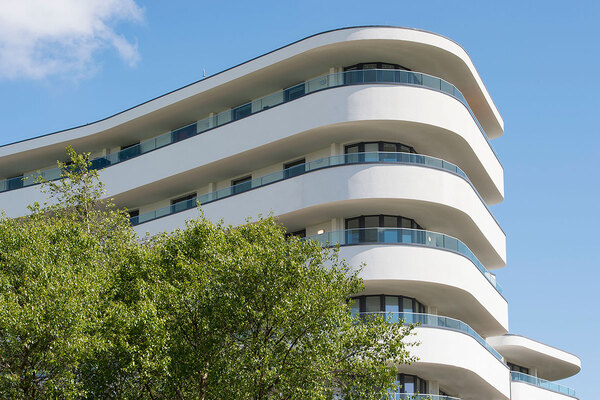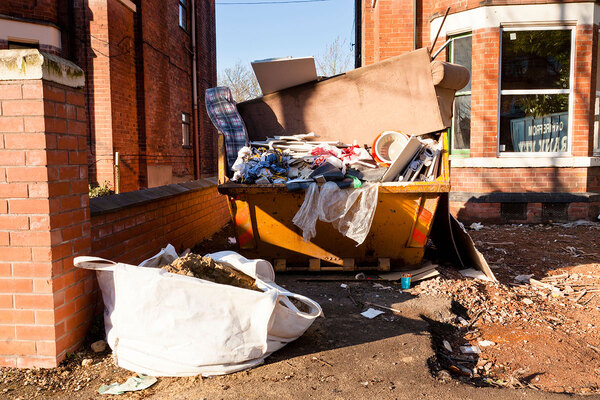You are viewing 1 of your 1 free articles
Construction industry ‘race to the bottom’ impacting building safety remediation works, experts warn
A “race to the bottom” in the construction industry continues to impact building safety, even work to repair buildings with dangerous cladding, industry figures warned today.

Speaking at the Housing 2022 conference in Manchester today, consultant Andrew Little said he had seen specifications for remediation work contained in just two A4 pages and awarded to the contractor that offered the lowest price.
He was followed by Lorna Stimpson, chief executive of the Local Authority Building Control (LABC), who lambasted the lack of progress in the construction industry since the Grenfell Tower fire five years ago, branding it “shameful”.
It comes four years after Dame Judith Hackitt, who was asked to review construction industry practices for the government following the Grenfell Tower fire, warned that a practice of selecting the lowest-priced bid for a construction project resulted in a “race to the bottom”, with contractors stripping out quality to preserve their narrow profit margins.
Mr Little, a partner at construction industry consultant Baily Garner, said: “Too often lowest cost evaluation models still feature, which only promotes that continued race to the bottom, undermines quality, resident safety and overall confidence levels.
“Now to put that into context, only in the last week, I received a consultant brief for a major fire safety cladding remediation scheme on a high-rise building in a London borough.
“That brief was formed on two sides of A4 with no scope of service, no programme information or budget and very little background information in regards to the outcomes they were trying to achieve.
“Equally worrying, it was 100% on cost with no assessment of quality whatsoever.”
He added: “And I think that perfectly captures the need for intelligent clienting, where that behavioural change needs a complete shift towards safe, good-value outcomes rather than lowest cost.”
Ms Stimpson, who has helped advise government on the implementation of Dame Judith’s programme, echoed these concerns.
“The title of this session is re-establishing confidence in the system to ensure that tenants feel and are safe in their homes.
“And I’m ashamed, truly ashamed, that we’re five years in [since the Grenfell Tower fire] and I’m not sure that we’ve achieved that yet,” she said.
“Dame Judith keeps saying you don’t wait to be told what to do. But I’m afraid our industry has waited to be told and is still waiting.”
She added: “That culture, that race to the bottom, that how can we do this easier, cheaper with the least intervention, I’m afraid is a culture that our industry still has today.
“And those coming from other industries, medical industries, chemical industries, nuclear industries, don’t understand how we’re still operating in the way that we are. And that is shameful.”
She said that “not everybody” was continuing to watch the Grenfell Inquiry, and that she often shows clips of the tower burning at the start of her presentations to “alert people again, shock them again into the realisation that we’ve… not done enough to make residents feel safe”.
“We’ve got to change as an industry. We’ve got to have an industry that we’re proud of, and I’m still not proud,” she said.
LABC – an umbrella body representing building control inspectors at councils – has had its actions before the fire placed under sharp scrutiny by the Grenfell Tower Inquiry, particularly into relation to misleading certificates it produced which erroneously suggested that the combustible insulation products used on the tower were suitable for tall buildings.
Last week, lawyers for the bereaved and survivors called its performance “abject”, with LABC’s lawyers arguing that the firm was “played” by insulation manufacturers.
Sign up for our fire safety newsletter
Already have an account? Click here to manage your newsletters
